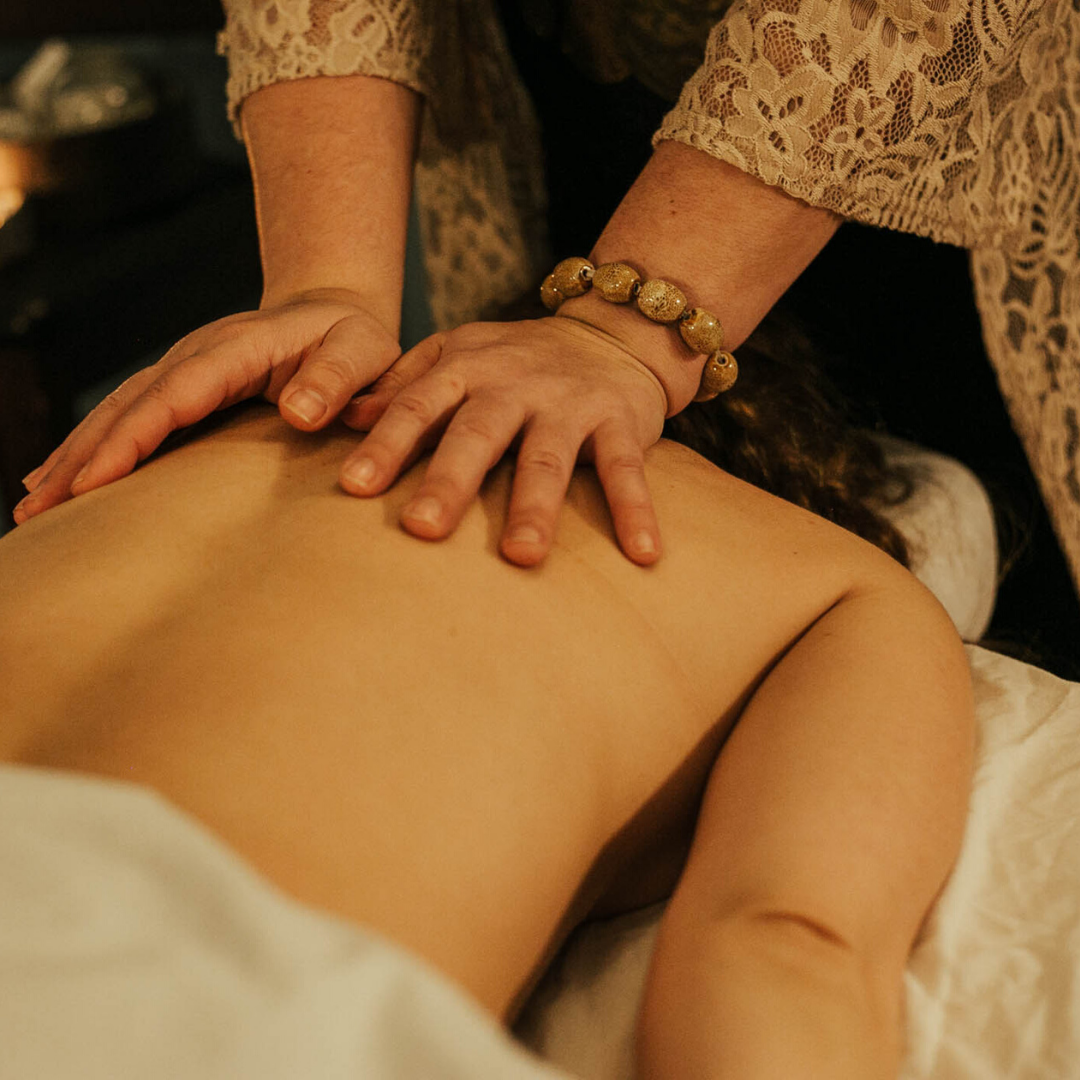Understanding Your Body’s Energy Centers: A Guide to the Chakras
The chakra system is an ancient framework that helps us understand the connection between our physical, emotional, and spiritual well-being. Rooted in yogic traditions, chakras are considered energy centers in the body that influence different aspects of our health. When they are in balance, we feel aligned and vibrant. When blocked, we may experience stagnation, emotional distress, or physical symptoms.
In this guide, we’ll explore the seven main chakras, their functions, signs of imbalance, and simple ways to bring them back into harmony.
1. Root Chakra (Muladhara) – “I Am”
Location: Base of the spine
Element: Earth
Function: Grounding, stability, survival instincts
Signs of Imbalance: Feeling anxious, insecure, ungrounded, financial instability
Ways to Balance:
Grounding activities like walking barefoot on grass
Eating root vegetables and nourishing foods
Practicing deep squats or seated meditation
2. Sacral Chakra (Svadhisthana) – “I Feel”
Location: Lower abdomen, just below the navel
Element: Water
Function: Creativity, sensuality, emotional flow
Signs of Imbalance: Creative blocks, difficulty expressing emotions, fear of intimacy
Ways to Balance:
Engaging in creative activities like painting or dancing
Hip-opening yoga poses (e.g., Butterfly, Pigeon)
Drinking plenty of water and eating hydrating fruits
3. Solar Plexus Chakra (Manipura) – “I Do”
Location: Upper abdomen, near the stomach
Element: Fire
Function: Confidence, personal power, motivation
Signs of Imbalance: Low self-esteem, procrastination, digestive issues
Ways to Balance:
Core-strengthening exercises (e.g., Boat Pose)
Setting small, achievable goals to build confidence
Eating warm, nourishing foods like ginger and turmeric
4. Heart Chakra (Anahata) – “I Love”
Location: Center of the chest
Element: Air
Function: Love, compassion, connection
Signs of Imbalance: Difficulty trusting others, feeling closed off, resentment
Ways to Balance:
Practicing gratitude and self-compassion
Heart-opening yoga poses (e.g., Camel, Cobra)
Connecting with loved ones and practicing acts of kindness
5. Throat Chakra (Vishuddha) – “I Speak”
Location: Throat
Element: Ether (Space)
Function: Communication, self-expression, authenticity
Signs of Imbalance: Fear of speaking up, difficulty expressing truth, sore throat issues
Ways to Balance:
Singing, chanting, or humming to activate vocal cords
Drinking warm herbal teas with honey
Practicing mindful speech and journaling thoughts
6. Third Eye Chakra (Ajna) – “I See”
Location: Between the eyebrows
Element: Light
Function: Intuition, insight, perception
Signs of Imbalance: Lack of clarity, overthinking, trouble trusting intuition
Ways to Balance:
Practicing meditation and visualization techniques
Spending time in nature and stargazing
Using essential oils like lavender or sandalwood
7. Crown Chakra (Sahasrara) – “I Know”
Location: Top of the head
Element: Divine consciousness
Function: Spiritual connection, enlightenment, wisdom
Signs of Imbalance: Feeling disconnected, lack of purpose, spiritual doubt
Ways to Balance:
Practicing silence and deep meditation
Reading spiritual or philosophical texts
Focusing on breathwork and surrendering to the present moment
Bringing It All Together
Balancing the chakras is an ongoing practice that requires mindfulness, movement, and intentional self-care. By tuning into your body’s energy centers and working with them holistically—through yoga, meditation, nutrition, and creative expression—you can cultivate greater harmony and well-being in your life.


















